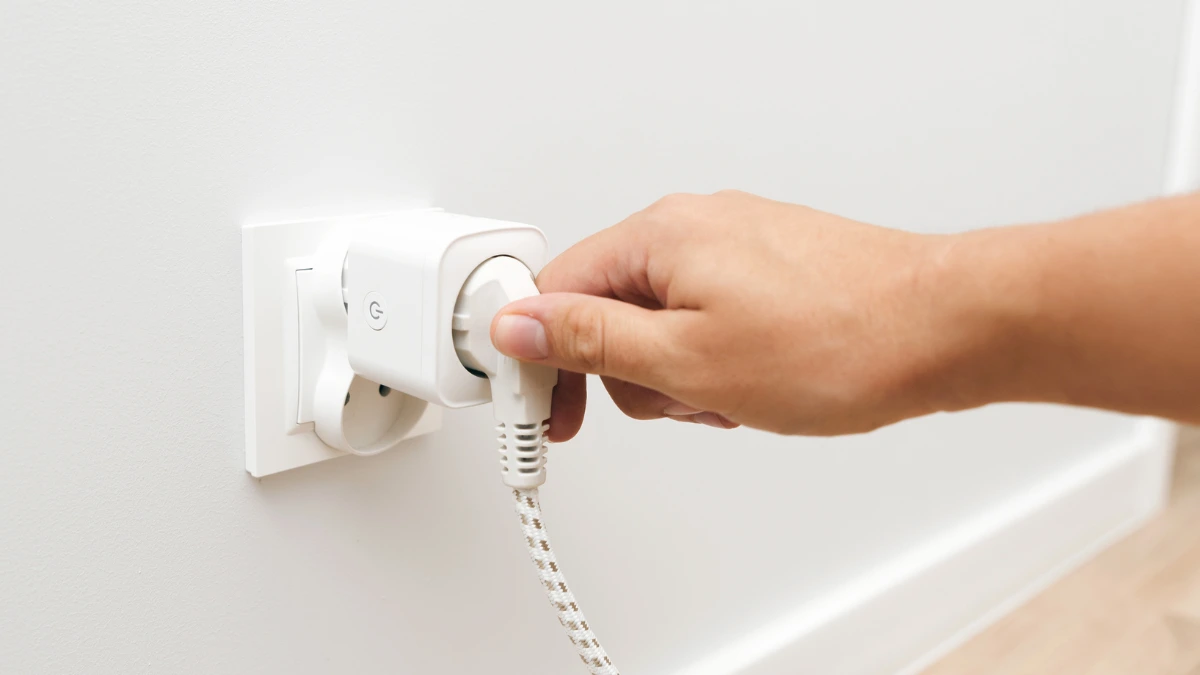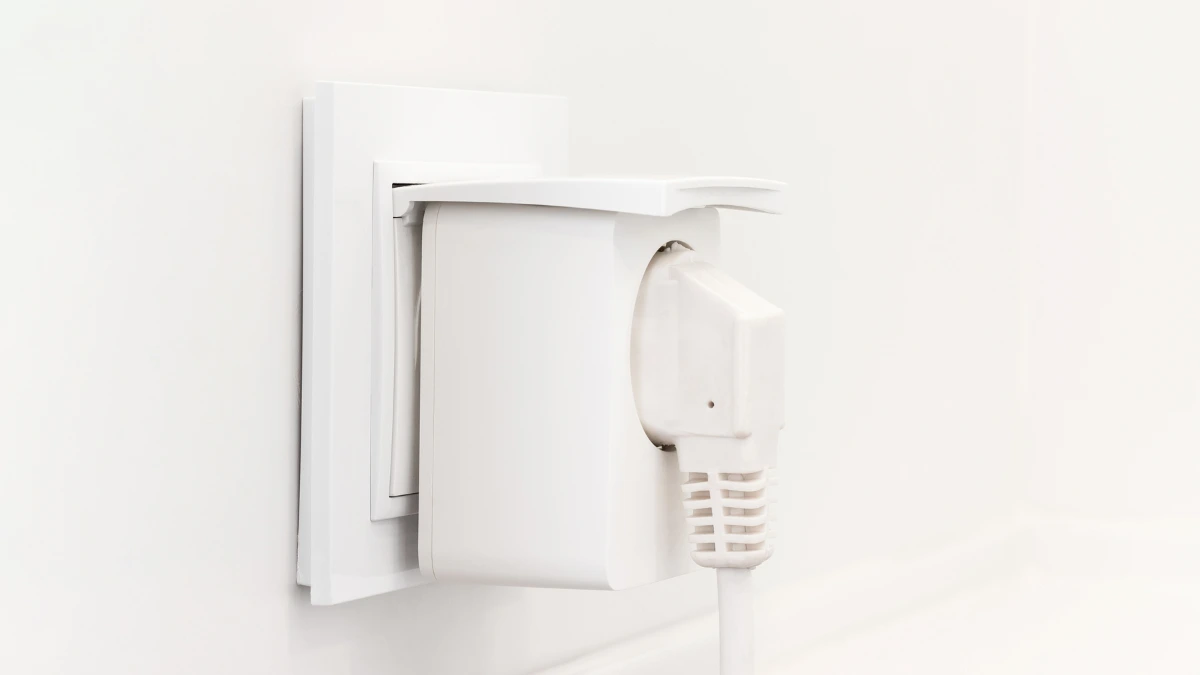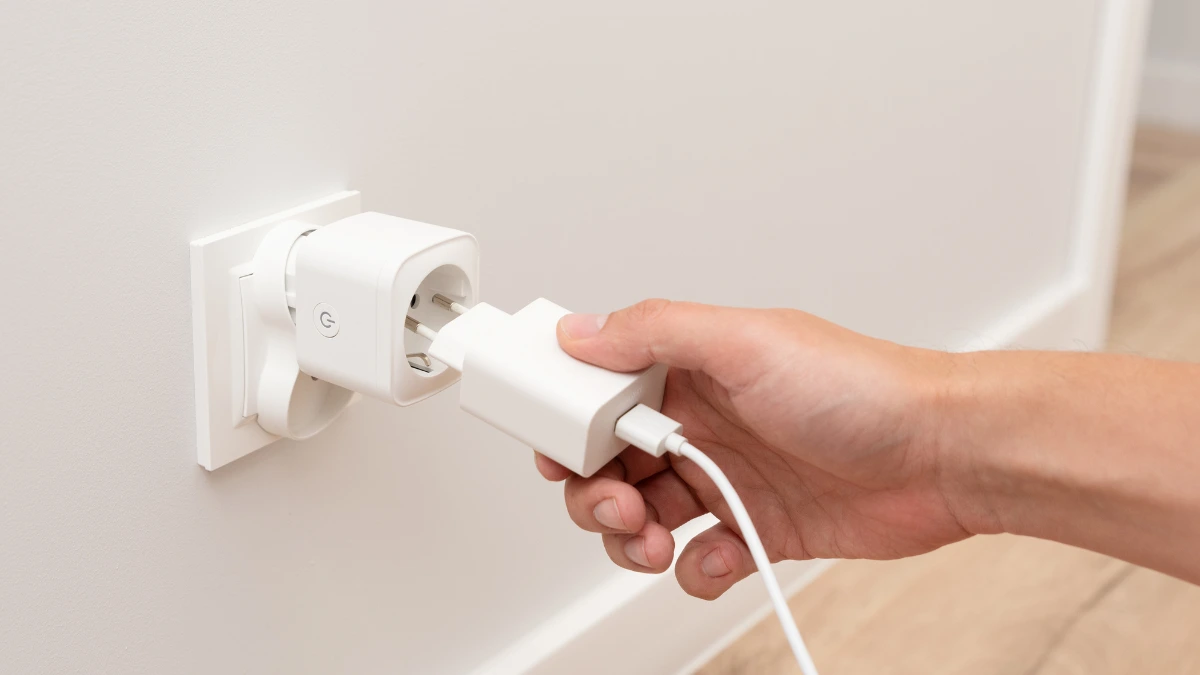A smart plug offers numerous benefits, including the ability to control your electricity from anywhere. However, the advantages and disadvantages of smart plugs cannot be easily separated, even though we can clearly feel the benefits.
The advantages and disadvantages of smart plugs include being remotely controllable, saving electricity usage costs, hacking risk, to depending on an internet connection.
This article will inform you about some of the advantages and disadvantages of smart plugs that you can consider.
The Advantages and Disadvantages of Smart Plug

Like any other technology, the smart plug has several advantages that can be utilized and disadvantages to consider. The advantages of the smart plug are remotely controllable and can save electricity usage costs, to integration with Voice Assistant, while the disadvantages include hacking risk, depending on the internet connection, to potential technical problems. Here are the advantages and disadvantages of smart plugs:
The Advantages of Smart Plug

Here are some of the advantages of smart plug:
1. Remotely controllable
One of the advantages of a smart plug is that it can be controlled remotely. Smart plugs connected to smartphones allow you to flexibly turn off or on your electronic devices such as lights, fans, or other electronic devices without having to manually unplug the device. You can even control your electronic usage even when you are not at home.
2. Can save electricity usage costs
Being able to save electricity usage costs is another advantage of smart plugs. You can check which electronic devices are consuming the most power. With a smart plug, you can turn off excessive use of electronic devices or those that are no longer in use. That way the cost of electricity usage can be better controlled.
3. Increased security
Another thing that cannot be underestimated about smart plugs is their ability to increase security. It allows you to control some electronics that are prone to danger. Even when you forget to turn off your electronics when you are not at home, you can remotely via your smartphone cut off the electricity. This way, the electrical safety in your home can be better maintained.
4. Easy installation
Smart plugs are simple to use. You can simply plug the smart plug into the socket without any special installation. Once the smart plug is plugged in, you can connect the device to your smartphone. You can then use the smart plug to control the electronics in your home.
5. Integration with Voice Assistants
Not only can it connect with your smartphone, but the smart plug also can integrate with voice assistants. You can command voice assistants such as Amazon Alexa or Google Assistant to turn off or turn on your home electronic devices. So that when you are in a certain busy time you can still control electronic devices only through voice commands.
The Disadvantages of Smart Plug

Here are some of the disadvantages of smart plugs:
1. Hacking risk
Smart plugs provide security in guarding your home when you forget to turn off electronic devices. On the other hand, smart plugs that are connected to the internet inevitably have the potential for hacking or malware virus attacks.
2. Depends on internet connection
Smart plugs can function when connected to the internet via a WiFi connection, so their use is also very influential on the internet connection. The possibility of use cannot run optimally if the internet connection is not good or disconnected.
3. Compatibility limitations
Although smart plugs can easily connect with many electronic devices, some devices cannot connect with smart plugs. Usually, electronic devices that cannot connect with smart plugs are devices that have special safety features.
4. Usage limitations
Smart plugs cannot just be connected to any form of electronic device. Smart plugs usually have a limit on the number of devices or a maximum limit on wattage usage. So it is necessary to pay attention to these limits so that there is no short circuit.
5. Potential technical problems
Smart plugs are just like electronic devices in general, the risk of potential technical problems is of course unavoidable. What needs to be considered is to avoid these technical problems causing damage or interference with other installed electronic devices.
Those are the advantages and disadvantages of smart plugs that you can consider before deciding to use them. When you choose to use a smart plug, you can feel all the advantages from remotely controllable, saving electricity usage costs, to integration with Voice Assistant.
However, don’t forget to make a consideration of the disadvantages which are hacking risk, depending on the internet connection, to potential technical problems. Another thing to note is that using smart plug technology must pass the certification test from the Directorate General of Digital Infrastructure (DJID).
With DJID certification, users can feel calm about using a smart plug device whose quality and security are guaranteed. For manufacturers or importers of smart plug devices, obtaining certification from DJID is a mandatory step before the device can be officially marketed in Indonesia.
To simplify the certification process, we are available to assist with this process as a reliable solution. [UN].

